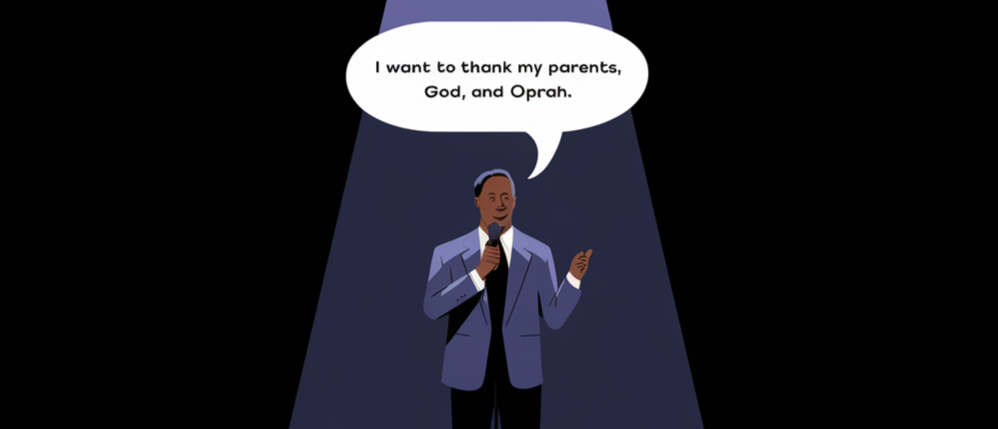
There are three certainties in life: death, taxes, and… Oxford commas?
Classes with Ms. Latade, my 6th-grade English teacher, have always been fun and exciting. To the point that I have developed a bias towards her class. She was my role model, and definitely the sole reason why I even pursue this career path.
And oh, she was also the one who introduced me to Oxford commas.
But technically, I was already using it before, I’m just not aware of what it’s called and why we even use it in the first place.
“Where have you learned about Oxford commas, Bry?” she asked as I returned the half-used chalk to its stockpile.
My 6th-grade brain stopped working when I heard the question as I was scrambling for an answer.
Ms. Latade pointed at the additional comma I added before the word “or” in the sentence I wrote on the blackboard.
“Oh, umm, it was instinct, I think, Miss.”
I wasn’t lying when I said so. It was pure instinct and imitation from the books I have read. Well, the fact that I was using it without knowing its purpose is not an issue after all, but regardless, Ms. Latade ended up using the remaining time of our class discussing what an Oxford comma is.
She showed me that even a tiny comma can greatly affect how clear writing is. Well, hopefully, my classmates picked that up as well.
Let me take you back to the basics real quick. The Oxford comma is a comma used before the last item in a list, like the comma before "and" in "computers, laptops, and cameras." It's called the Oxford comma because it’s favored by the Oxford University Press.
I’m not here to advocate the Oxford comma. I use it almost all the time but it's still a preference and it’s not a universal law that you’ll get smited for if you choose to not use it. However, there are some cases where using this punctuation just makes sense.
Oxford comma's stardom due to a legal dispute
The absence of an Oxford comma led to a $5 million settlement in 2018 for Oakhurst Dairy in Maine after a dispute over overtime pay that was originally filed in 2014.
At the heart of the case was an ambiguous clause in Maine's overtime law, which lacked a comma after "shipment." This omission blurred whether "packing for shipment or distribution" referred to one activity or two distinct tasks.
Judge David Barron famously noted, “For want of a comma, we have this case.”
The five drivers who are smart enough to analyze the technicalities have received $50,000 each from the settlement fund.
It’s crazy to think that a single punctuation can bleed a company $5 million. Still, that doesn’t reinforce the argument that the Oxford comma is a universal truth that all people should adhere to.
The University of Oxford itself doesn’t recognize the usage of punctuation as always necessary, they just favor it. According to their style guide, usage of the comma should only be enforced if the passage has a high chance of confusing the audience. It’s a case-to-case basis that writers need to consider but it also gives them more creativity, and leeway without worrying about being grammatically incorrect.
And look, I’m all against punctuation watchers, or grammar freaks that instantly go haywire whenever they don’t see an Oxford comma in something that they are reading. It's okay to care about grammar, but it's not okay to ignore different preferences and styles.
Takeaway
Whether or not you use Oxford commas, it's just a tool to help you write. Include it when it's needed, skip it when it's not. And with that, I leave you with an important message: Let people write their hearts out without the restraints of a silly comma.
0 Comments Add a Comment?